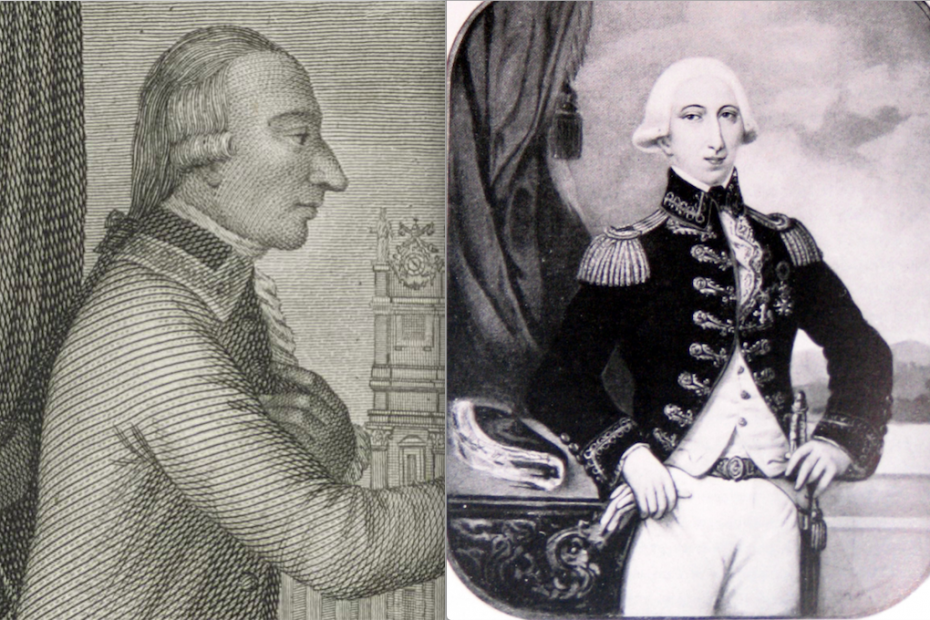The armistice of Cherasco (April 28, 1796) born from the Austro-Sardinian debacle built by the combative Napoleonic Army in the Italian Campaign (March 24, 1796 – October 17, 1797) initiated neutrality for the Kingdom of Sardinia of Vittorio Amedeo III of Savoy and the itinerary of administrative approval for Piedmont based on the French managerial regime. General Francesco Federico Campana (February 15, 1771 – February 16, 1807) was the prefect of the Marengo department (1803). The annexation was extended to the military commands of Piedmont and Liguria incorporated into the French army and redefined as 27th and 28th stable territorial divisions to exhaust cohabitation (3 July 1800 – 27 June 1801). General Michelangelo Alessandro Colli-Marchini or Michele Colli (Vigevano, 1738 – Florence, 1808) was the unfortunate leader of many Italian armies enrolled in the first anti-French coalition. Lombardy belonged to the Hapsburg empire and Colli-Marchini enrolled in the imperial army from the age of eighteen he was an officer in the infantry regiment, captain, lieutenant colonel and sent general (1792) by the Austrian emperor Francis II of Habsburg-Lorraine to help the Sardinian-Piedmontese army of Vittorio Amedeo III of Savoy opposed to Napoleon Bonaparte’s Army of Italy. The French army succeeded in isolating the Austrian troops from the Sardinian militias: the Austrian General Joahnn Peter Beaulieu, routed at the battles of Montenotte (April 12, 1796) and Dego (April 14-15, 1796) and induced to rentrée towards Austria, undermined the position of Colli-Marchini defeated at the battle of Mondovì (20-21 April 1796) and forced to propose an armistice to Napoleon signed in Cherasco. The papal army injured by French troops in Faenza (February 4, 1797) separated the strategic leadership from the Lombard general.
General Luigi Leonardo Colli or Luigi Colli-Ricci (Alessandria, 23 March 1757 – 31 March 1809), son of a family hegemonic over the fief of Felizzano sold (1753) by the Marquis Evasio Sibaldi, was a follower of the House of Savoy and the Sardinian army cohesive with the first anti-French coalition (1792) entrusted to Generals Joseph de Wins and Michele Colli-Marchini. The Savoyard officer decorated with the cross of the SS. Maurizio and Lazzaro (1794) was driven by his rapid career: lieutenant (1775), captain (1781), major (1793), colonel (1796), chief of staff 27th military division of Piedmont (1801), division general ( 1802). Loyalty (9 December 1798) to the Napoleonic government commanded to his subjects by the Savoy sovereign Carlo Emanuele IV united Colli-Ricci to the Armée d’Italie: the Italian officer held the leadership abdicated by his counterpart François Jean Baptiste Quesnel, already wounded in the battle of Bassignana (12 May 1799) and incited the rentrée to the Russian troops of Aleksandr Suvorov. Colli, husband of Marianna Cristina Canalis aka Vittorio Alfieri’s niece, captured and imprisoned by the Austrian enemy at the battle of Novi (August 15, 1799) wrote in vain two letters to the Asti and anti-French playwright to motivate joining the Armée d’Italie. Colli’s memory endures under the Arc de Triomphe in Paris.
